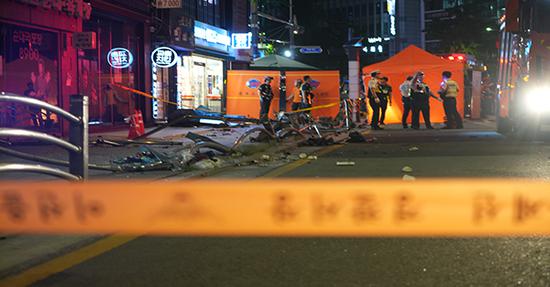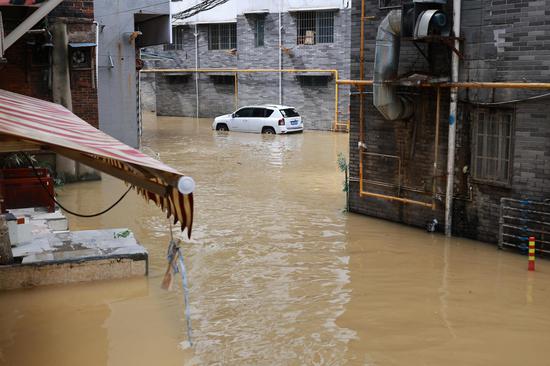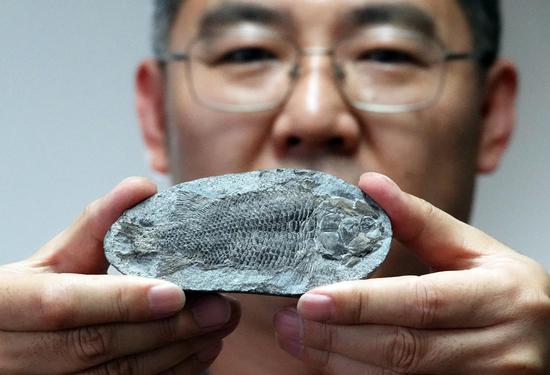Local officials in Northwest China's Qinghai Province said on Wednesday that two middle school classmates died of meningitis — an inflammation of the membranes covering the brain and spinal cord often caused by bacterial infection — last month, but no other case had been reported.
According to a notice released by the education and health authorities of Huangzhong district in Xining, the provincial capital of Qinghai, a Grade 8 student at Huangzhong No 1 High School surnamed Ma, died suddenly on the evening of June 5 and was confirmed of contracting the bacterium Neisseria meningitidis on June 8.
The entire faculty and students from the class that Ma was in immediately received tests were required to stay at home and monitor their health condition. The school had also implemented disinfection and health check-ups on campus.
As of June 12, all close contacts of Ma tested negative.
However, another student attending the same class as Ma began having chills late on June 25 and died the next afternoon. The student, surnamed Yan, was confirmed of catching the same bacterium on June 27.
As of July 2, all close contacts of the second student returned negative results for the bacterium.
Epidemiologists say meningitis is a Class B infectious disease in China, on par with dengue fever, malaria and the novel coronavirus.
It spread mainly through coughing, sneezing as well as close contact such as kissing and hugging, but only one percent of infected people will end up exhibiting symptoms.
In 2022, China reported 59 cases and five related deaths, according to the Chinese Center for Disease Control and Prevention.
The notice did not give a definitive answer on whether the two fatalities are related. But it said that around 20 days had passed between the second case testing negative and starting showing symptoms, while the disease's incubation period is around one to seven days.
Local authorities said that no other faculty or pupils at the school showed symptoms and disinfection and epidemiological investigation had been completed.
All close-contacts will be monitored by community healthcare workers and given preventive treatment.


















































 京公网安备 11010202009201号
京公网安备 11010202009201号